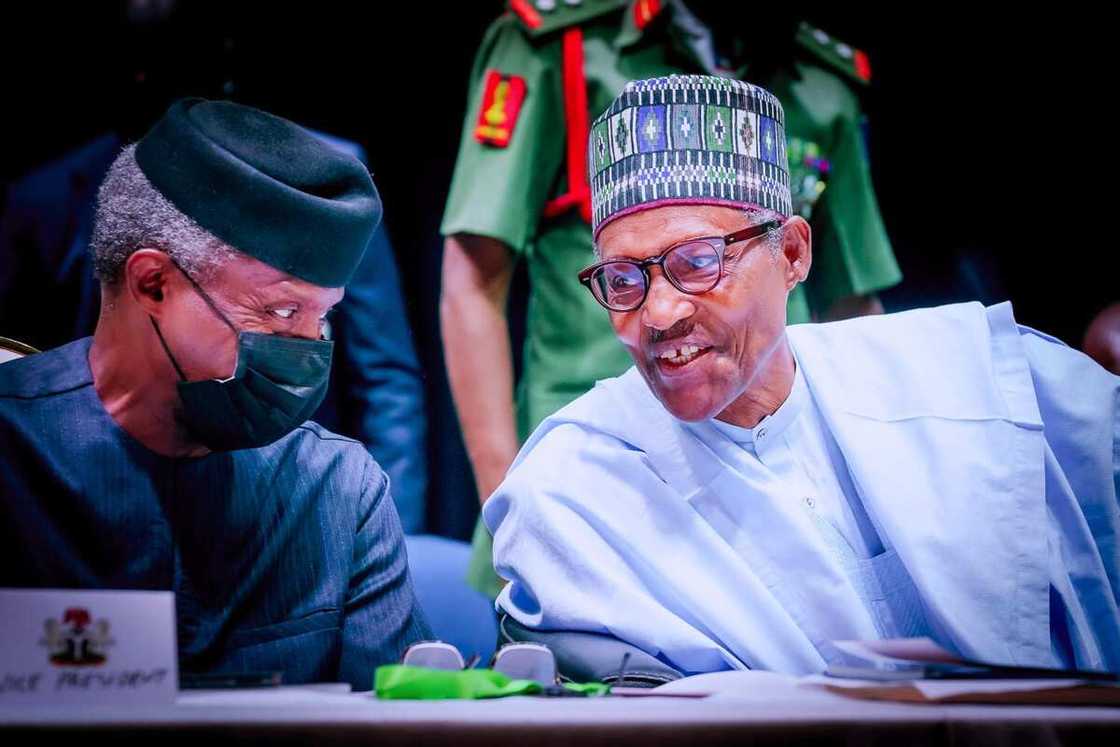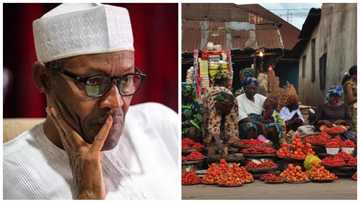World Bank Warns Nigeria: You’re Paying Too Much Subsidy Instead of Health, Education, Welfare Budget
- The World Bank has raised the alarm that Nigeria is paying more attention on paying subsidy that it does on health, education and welfare
- The bank stated that due to subsidy payments which stood at $4.5 billion in 2021, Nigeria was unable to meets poverty alleviation obligations
- Also, the bank said Nigeria is not benefitting from the high price of crude oil because of low production output.
Spend more on the poor, World Bank says
The World Bank has warned Nigeria that it paying too much attention to subsidies than taking care of education, health, and welfare for its citizens.
The bank said removing subsidies from the fuel would free resources for the government for its poverty alleviation programme.

Source: Facebook
The bank, in its latest update on Nigeria, themed: ‘The Continuing Urgency of Business Unusual’ released on Tuesday, June 14, 2022, said that in 2021, Nigeria’s petrol subsidy cost the country around $4.5 billion about two per cent of its GDP, far above the government’s spending on health, education and social welfare for the poor.

Read also
Economists raise concerns about Nigerians' survival as inflation jumps to 11-month high, hits 17.71 per cent
PAY ATTENTION: Join Legit.ng Telegram channel! Never miss important updates!
The Bank said:
“Therefore, diverting spending away from the petrol subsidy towards more pro-poor causes could help spread the gains of growth, which is essential for reducing poverty.”
The Punch reports that the bank said Nigeria is not benefiting from high oil prices due to lower oil output and fuel subsidy costs.
According to the report, the cost of the petrol subsidy will increase greatly as higher global petrol prices will mean larger subsidy payouts if pump prices continue to be frozen, saying that the removal of the subsidy that the authorities had originally planned by mid-2022 was postponed until 2023 or later, which is expected to generate considerable fiscal costs.
Low oil production hampering Nigeria's capacity
Oil production output stood at 1.5 million barrels per day, the lowest in 15 years.
Analysts say fuel subsidy will cost the Nigerian government over $9 billion in 2022, which is close to 2 per cent of the country’s GDP.
The World Bank’s report said because of petrol subsidy and low oil production output, Nigeria faces a fiscal disaster.
The Nigerian National Petroleum Corporation deducted a significant portion of the Federation’s oil revenues to pay for the petrol subsidy.
The Washington-based bank urged the Nigerian government to channel the money spent on subsidies to time-bound cash transfers and other priority investments in health, education and important infrastructure.
The World Bank encouraged the government to redirect the money spent on subsidies towards targeted and time-bound cash transfers and other priority investments in health, education, and critical infrastructure.
Oil cruises to $111 per barrel as dollar grows weak amid OPEC’s stance on Russia/Ukraine war
Legit.ng reported that crude oil price has crossed the $100 threshold as prices increased and investors concerns grow about global growth which is caused by product markets and weak dollar.
Nairametrics reports that crude oil has gained consecutively for four weeks, the longest run it has had since February as West Texas Intermediate surged towards $111 per barrel.
The price of gasoline and diesel has spiked to records high as the US begins the driving season, which starts in a week.
Source: Legit.ng



